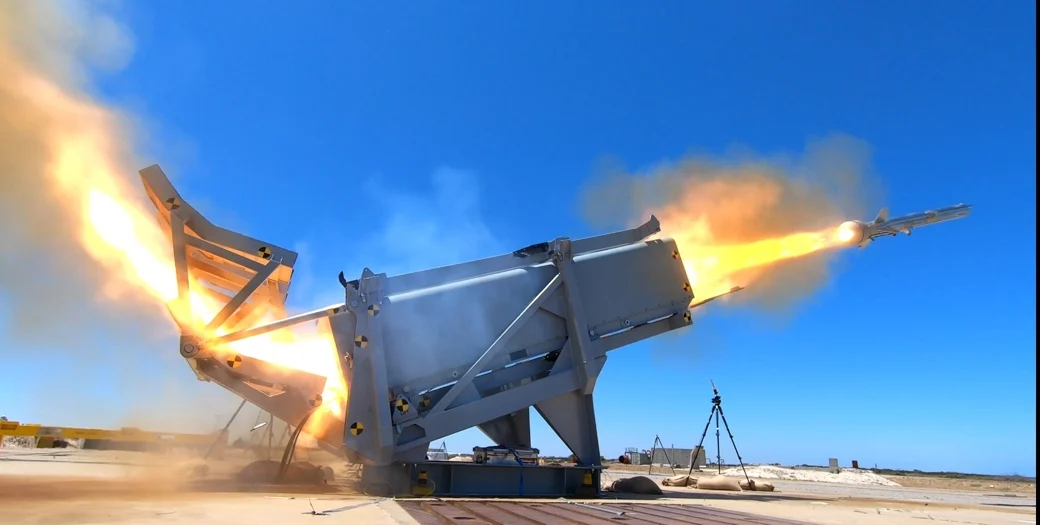By 2028, NATO is set to launch its new Integrated Cyber Defense Center, which promises to significantly bolster the alliance’s capabilities in tackling the growing spectrum of cyber threats. This initiative was highlighted by Stefano Piermarocchi, the head of NATO’s cyber risk management portfolio, during a recent discussion with Breaking Defense. Piermarocchi clarified that the center’s main objective is to streamline the processes involved in cyber defense, ensuring that NATO can swiftly respond to and mitigate emerging threats.
The Integrated Cyber Defense Center is poised to enhance communication and collaboration within NATO and with the private sector. Piermarocchi emphasized the importance of fostering dialogue with industry partners to expedite various processes and improve the overall ability to communicate and coordinate effectively among the member nations. The headquarters of this new center will be situated in Mons, Belgium, establishing it as a central hub for NATO’s cyber operations.
The center will also recruit personnel from all 32 NATO member countries, who will provide round-the-clock monitoring and response to potential cyber incidents. This move represents a significant step in consolidating the alliance’s cyber defense efforts, which currently includes several dedicated entities such as the Cyber Security Center, the Cyber Operations Center, and the Cyber Threat Analysis Branch.
Brig. Gen. Sam Raeves, NATO’s assistant chief of staff for J6 Cyberspace, noted that bringing together these disparate elements into one cohesive center will enhance the collective response to cyber threats. He remarked that consolidating resources will lead to improved information sharing and a more integrated defense strategy across the alliance.
In addition to its operational benefits, the Integrated Cyber Defense Center will serve as a collaborative space for cyber experts from member nations. This co-location is expected to facilitate coordinated responses during cyberattacks, enabling real-time collaboration and support among NATO allies. Manfred Boudreaux-Dehmer, NATO’s Chief Information Officer, highlighted that this foundational element is vital for teamwork and mutual support during crises, marking a significant advancement in NATO’s collective cyber defense capabilities.


















